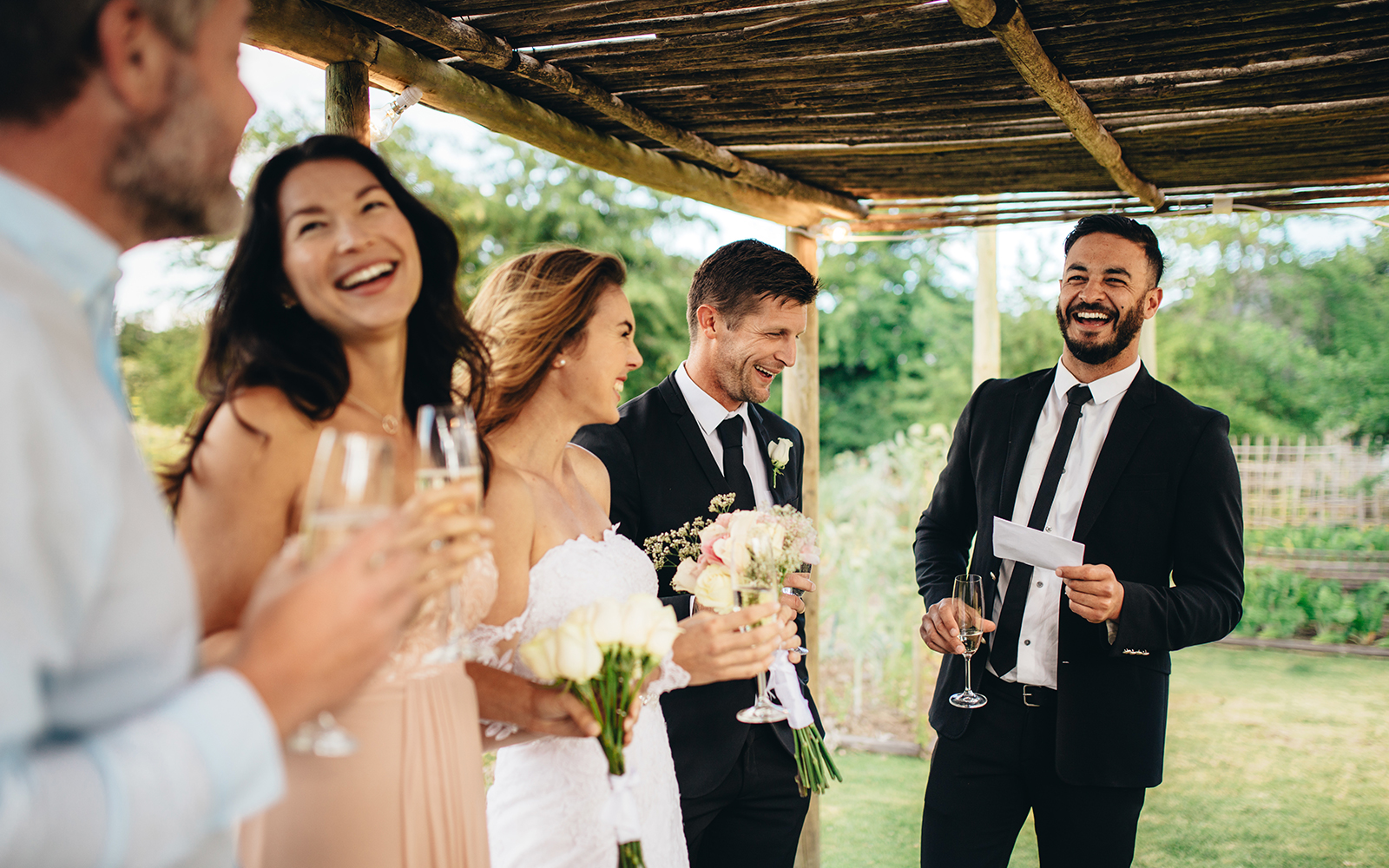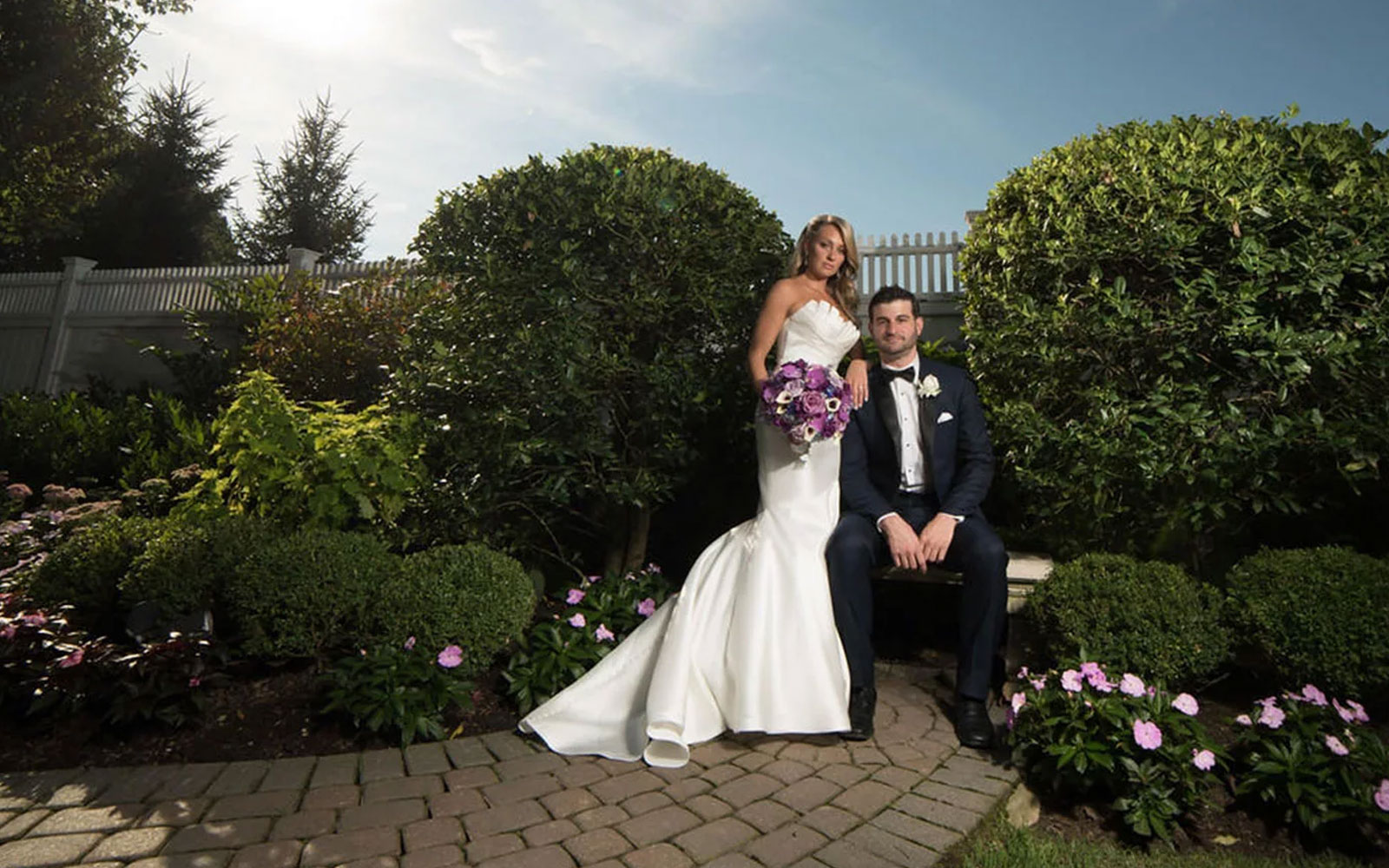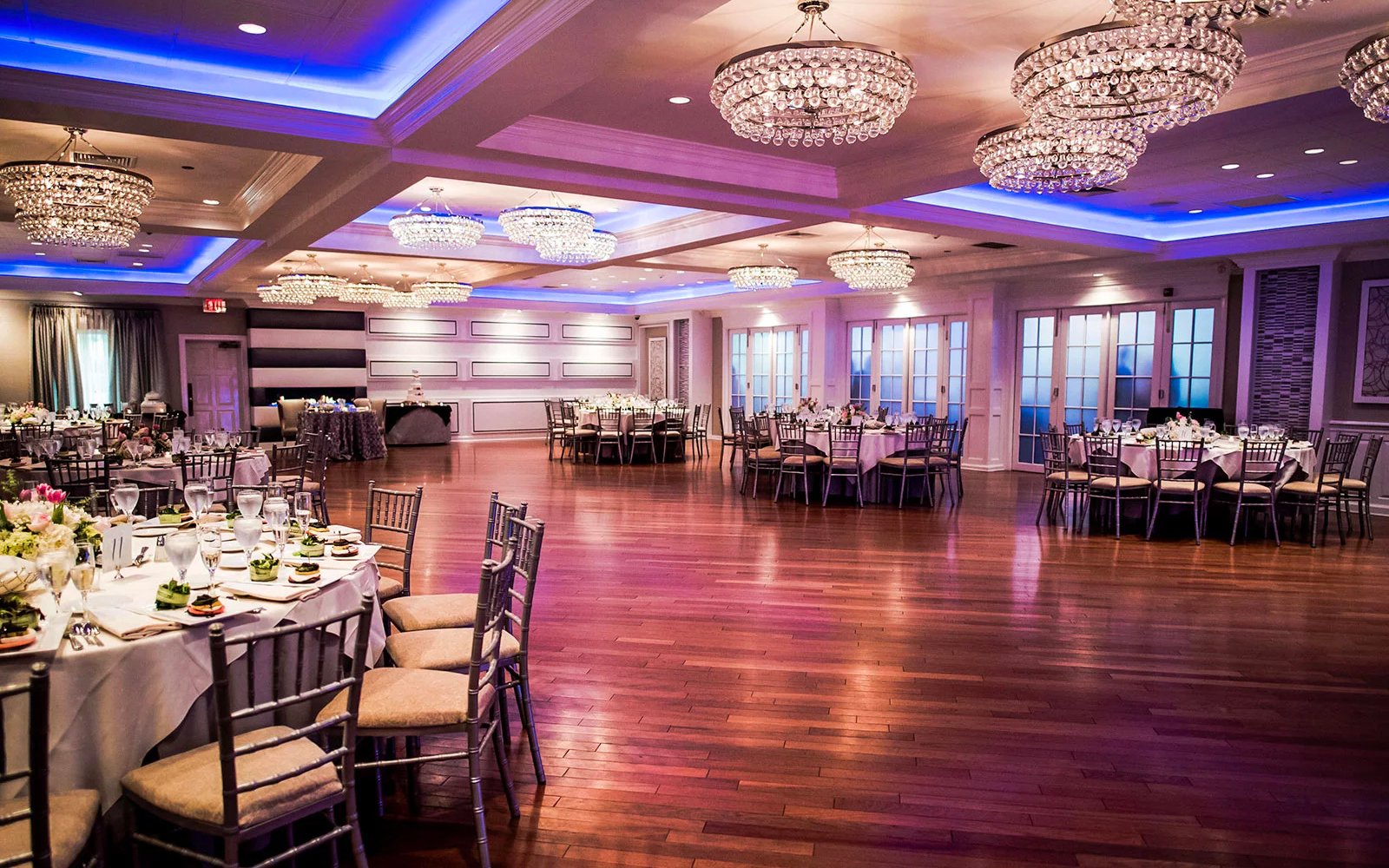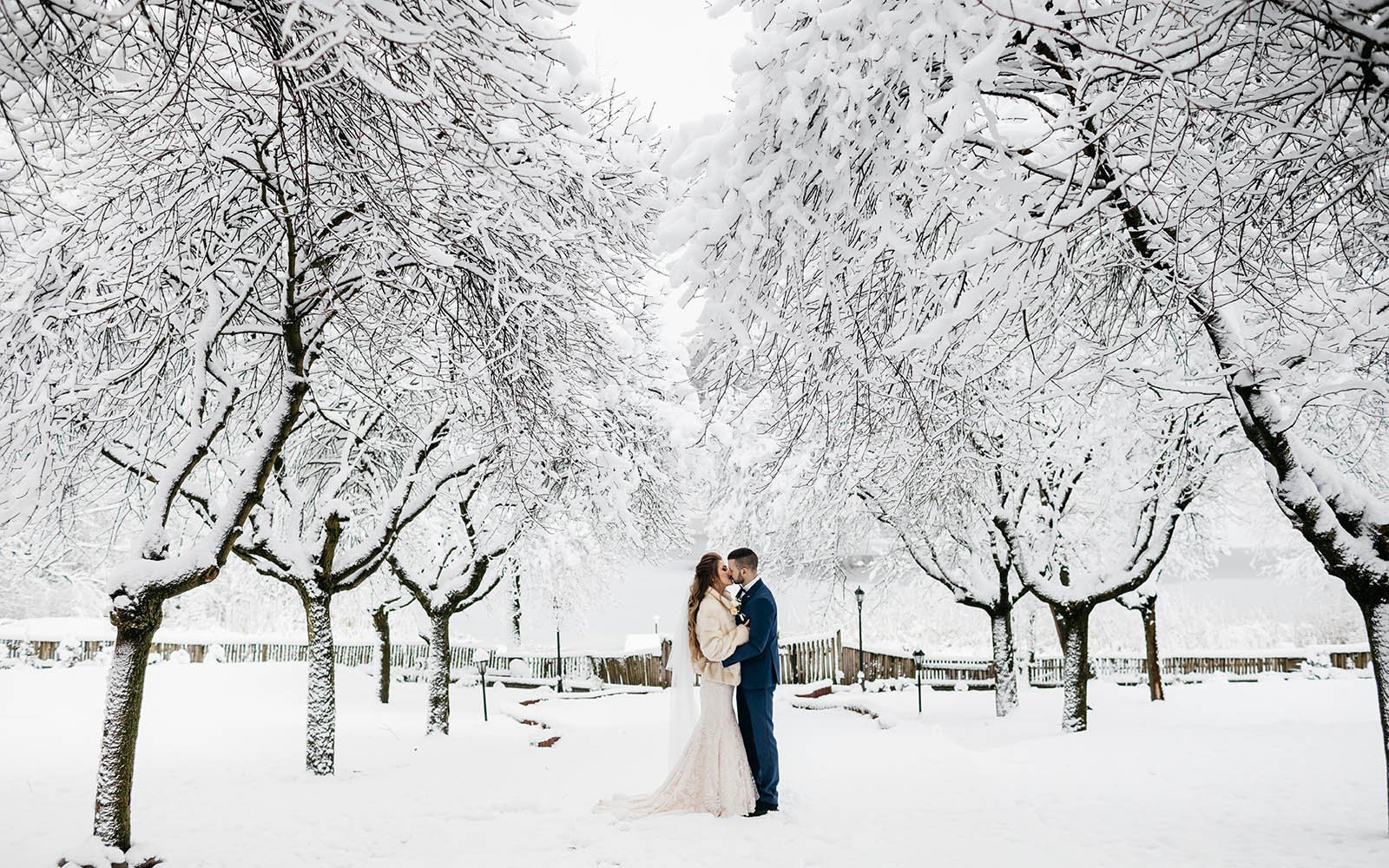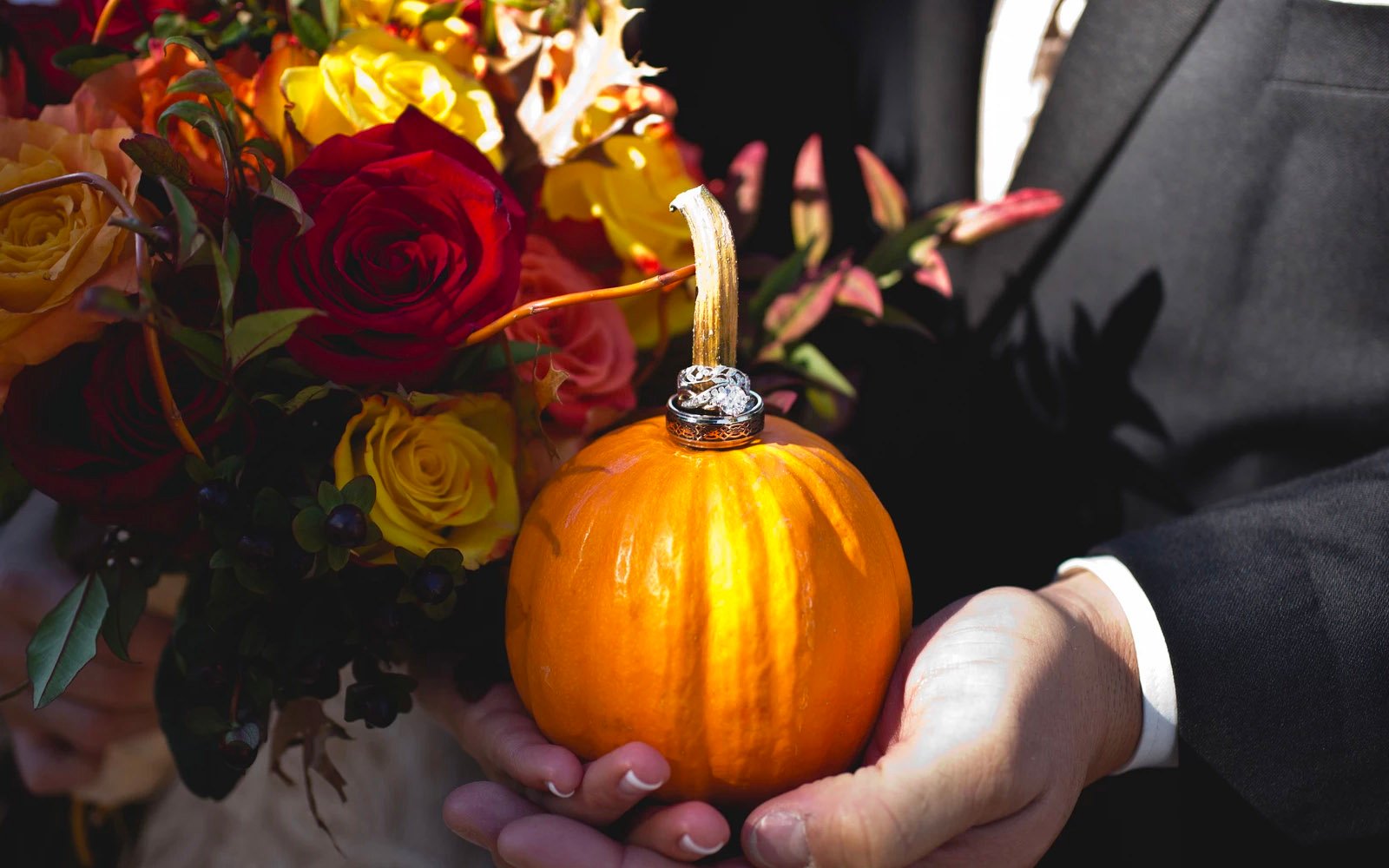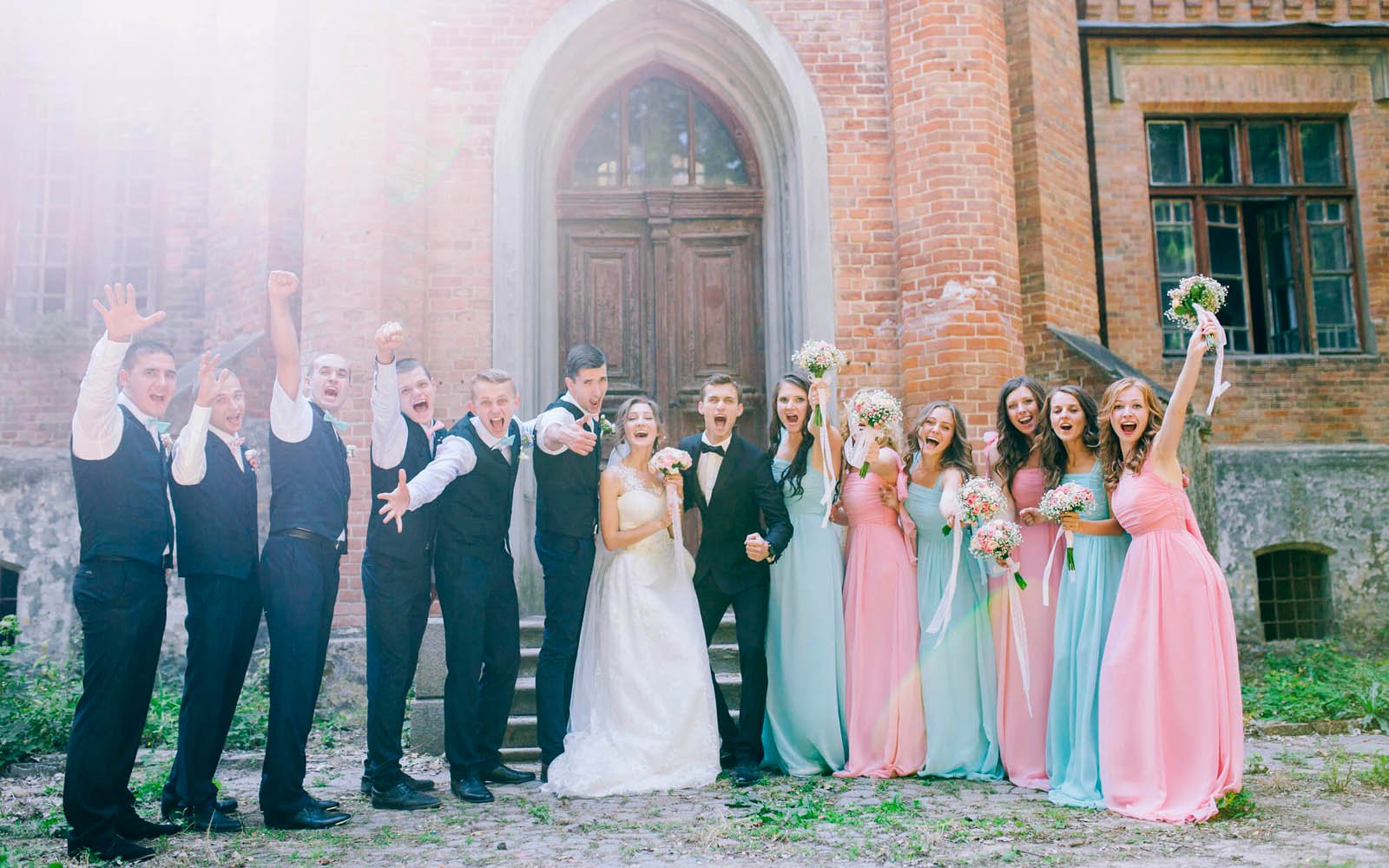While phrases like “She said yes!” and “We’re engaged!” and “We’re getting married!” are some of the happiest slogan-like wedding utterances any newly betrothed couple can shout, their family and friends might shift their thoughts immediately to their own responsibilities for the wedding.
While exceedingly happy occasions, weddings can come with a big financial commitment for some guests—particularly the couple’s parents and the wedding party. And for everyone else in attendance, it can be difficult to know exactly how much money they should give as a gift. Luckily, just as wedding traditions have been in place for decades, so has wedding gift-giving etiquette.
And wedding etiquette goes well beyond the monetary value of your gift. There are plenty of questions to consider when you’ve been invited to a wedding, no matter if you’re the best man, the maid of honor, or the third cousin twice removed.
Indeed, there are plenty of etiquette parameters for brides to follow, but here are a few of the top wedding etiquette questions for guests.
What and how much should your wedding gift be?
While some wedding gifts like fine china are a thing of the past, some guests do still gift the couple something physical, like a picture frame or toasting glasses. However, if you’re going the cash route, the general rule of thumb is to consider the cost of the dinner per person. Even still, it can be difficult to precisely estimate how much to give to the new couple.
...wedding gifts can be dependent on the guests’ relationship to the couple...
While you may not know exactly what the couple is paying per plate, assume that it is no loss than $100 per person. Moreover, wedding gifts can be dependent on the guests’ relationship to the couple, with a close family member being likely to give more than a former college roommate. And since invitations are generally sent out well in advance, you can set aside a little bit of money each week to avoid a huge financial hit the day of the nuptials.
Can I bring a plus one?
The wedding guest list is a sacred document that the bride and groom have likely agonized over for weeks before sending out the invitations. It contains the results of long conversations between the couple, as well as input from parents and others. The point is, unless it is specified on the invitation, you should definitely not bring an uninvited plus one to the wedding—if you do, expect to face the wrath from the bride (and possibly the event venue) for compromising the table configurations.
On a similar note, it is considered impolite for the bride and groom to choose who gets to bring a plus one to the wedding. In order to be fair to all of their guests, the engaged couple should adopt the mindset of “all or none for a plus one.”
Should I give a gift if I can’t attend the wedding?
First of all, if you can’t attend the wedding, you should let the bride know immediately. Do not, under any circumstances, lead the bride to believe you will be there only to not show up the day of the event. This is something the bride will always remember, no matter how much time passes. But if you can’t make it—and the bride knows—it is certainly appropriate for you to give a gift, whether that means sending a check or finding out where the couple is registered.
Who makes a speech and what about song requests?
Unless previously approved and arranged, the only people who should make a speech at the wedding are the maid of honor and best man. There is usually a very strict timeline taking place at a wedding, and any unexpected speeches can seriously throw things out of whack. As for song requests, professional DJs excel at including an eclectic mix of songs chosen by the couple. The playlists purposely touches on an array of musical genres in an effort to avoid having to deal with partygoers screaming out requests.
...the couple wants you to have a good time, but this is their day—don’t make it about you and what song you want to hear on the dancefloor.
Some couples have taken to including a line on the RSVP card specifically for song requests, while others make it quite clear that no song requests will be taken at any time. Remember, the couple wants you to have a good time, but this is their day—don’t make it about you and what song you want to hear on the dancefloor.
And for the host, do vendors get tipped?
While their services may seem exorbitant enough, it is customary to tip some of your vendors. Hair stylists and makeup artists will expect a tip from each client they beautify, so bridesmaids should factor in 15 to 20 percent for a tip, depending on the quality of the services provided.
As for photographers and musicians, tipping them is typically optional. The same goes for a church officiant or minister or whoever performs the ceremony. This individual might accept a donation to their house of worship, which is something that should be discussed before the day of the ceremony.
And while reception gratuity is typically built into the final bill, consider tipping the waitstaff 15 percent. Also, the bride shouldn’t forget about the two most important helpers of the entire event: the maître d’ and bridal attendant. Tipping the attendant anywhere from $150 to $200 is acceptable. As for the maître d’, they are responsible for making sure the wedding goes smoothly. It is customary to tip the maître d’ anywhere from $200 to $400.
Everyone who provides their services on your wedding day should be given a gratuity because of the level of professionalism and care they give. Exceptional service deserves an exceptional tip.

